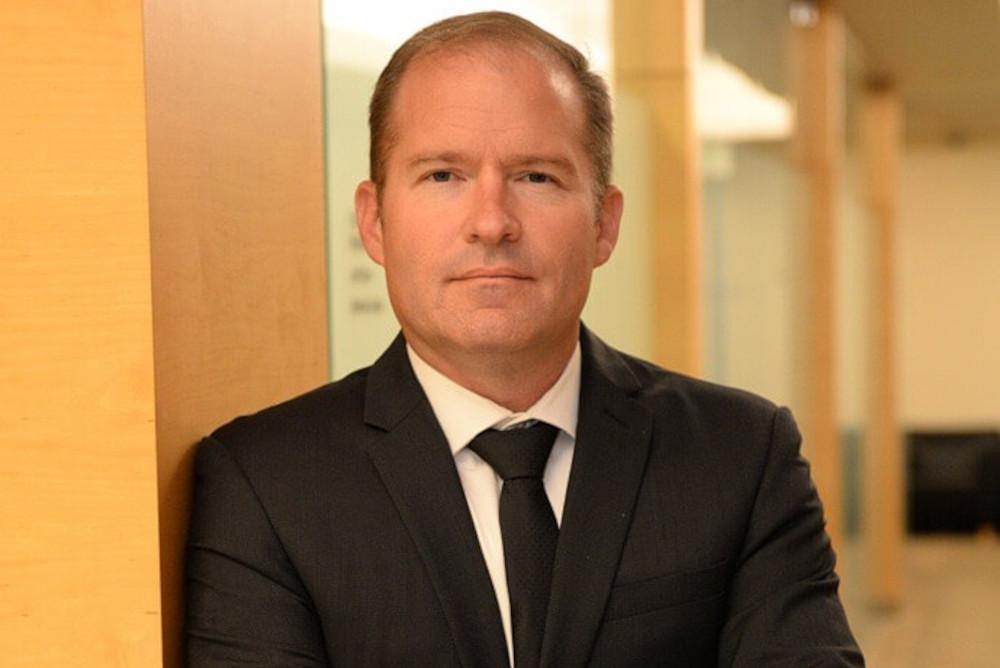
Tom Eskola, vice president and general manager of Panasonic Technical Services, discusses how the company's recent expansion of its avionics repair facility in Dundalk, Ireland will aid its growth in Europe and how it is managing challenges in the supply chain.
Panasonic Avionics recently expanded its component repair shop in Dundalk, run by the Panasonic Technical Services business. Why did you opt to grow the facility in Ireland?
As we see the aviation market continuing to grow, we needed to adjust some of our capabilities and grow. The maintenance and repair organization has been steadily keeping up with the pace of growth for our airline customers but we needed more space to repair line replaceable units (LRUs). The expansion started during COVID. We were looking at some of the geopolitical things that were happening nearby in the UK and otherwise. We wanted to make sure we had a European repair center. Depending on how Brexit and some of the other elements were playing out, we decided to open and grow in Ireland. We have around 30 employees and expect to have 50-60 in the next several years.
In Ireland, are you seeing a relatively smooth process in the recruitment and doubling of that workforce?
It's smoother in Dundalk than in other places because there already was a good supply of qualified labor, which meant we could hire people with the right skills from the local community. We did relocate a few of our employees from other locations to help the facility get up and running.
How did repair demand on Panasonics' avionics-related products hold up during the pandemic when taking into consideration the grounding of large parts of the commercial fleet for extended periods?
We went through some very dark times during COVID as it related to the repair organization and line maintenance. This is because a lot of our teams' work is based on the levels of activity that airlines have, so if carriers stop flying, then they stop sending units for repair. We went through a time where we had to do a little bit of reshuffling within our teams. If you think about the long-term changes in the aviation industry in general, we are seeing some of the older, less efficient airframes being retired. These are making way for newer, more efficient aircraft. There is less capacity in the market today based on the number of passengers that are flying on a daily basis, especially internationally. We expect this to continue to grow based on industry reports measuring recovery. We will return to the levels of repair we had before COVID but we don't expect this until 2024.
How has the Panasonic Technical Services supply chain held up in recent times, given some of the disruptions the industry is seeing? Are you still seeing extended turnaround times?
We were definitely affected by supply chain shortages in areas such as chips and specific component types such as seat-based LRUs. The past few months we really started leveraging our global Panasonic supply chain. It's a large company that does business in automotive where it builds all of the batteries for Tesla, for example. There's a lot of capability in our supply chain that other MROs aren't able to tap into. We are faring fairly well and expect problems, such as having difficulty in sourcing certain parts, to start smoothing out for us in January 2023. In regards to turnaround times, we have repair agreements and commitments that we've made as part of our service packages we have with airlines that guarantee our turnaround times. We are doing our best to maintain all of those repair turnaround times and ensuring the supply that we have. We've actually canvassed the market and done buybacks with airlines to purchase LRUs that were on the open market to supplement shortages and increase inventory in areas that we knew repair was going to be slow.
Inflation rises impacting the aftermarket have been one of the key trends this year. What have you seen in relation to this?
Component pricing is up. In some cases this is more than 100%, with some prices doubling or even tripling. We are also seeing increases in service contracts that are coming to us, which we pay for. The price of fuel and vehicles are all impacting the cost of doing business. Typically, our service contracts are based on fixed prices with escalation and for the most part, we've been increasing costs over the course of the past year. With shipping costs also high, one of the ways we are looking to find a solution to this is potentially using local hubs like Dundalk to be our European hub for spare parts. That way, we have parts that are available close but not necessarily all the way back from the U.S. where we'd have to ship them across.





